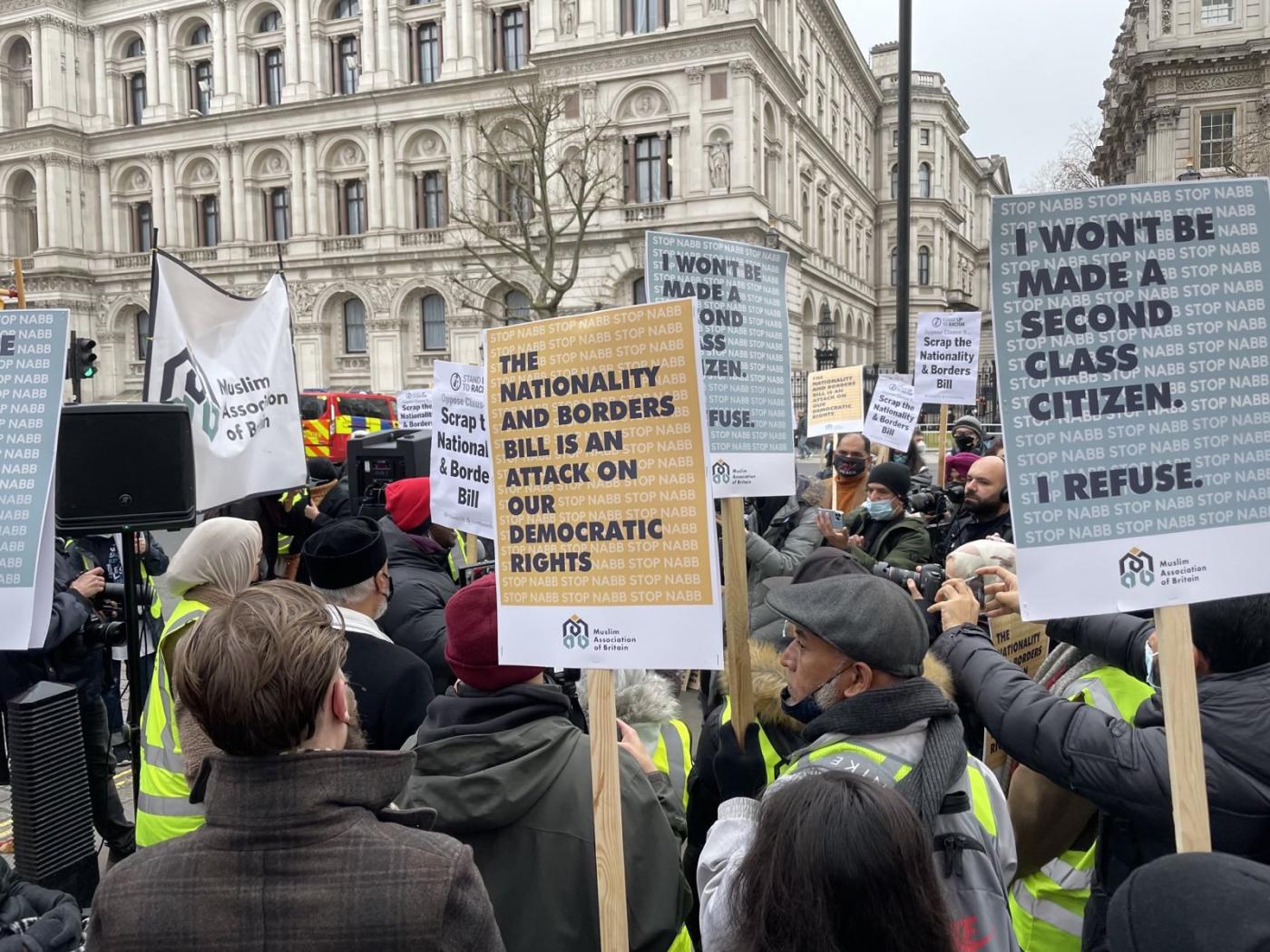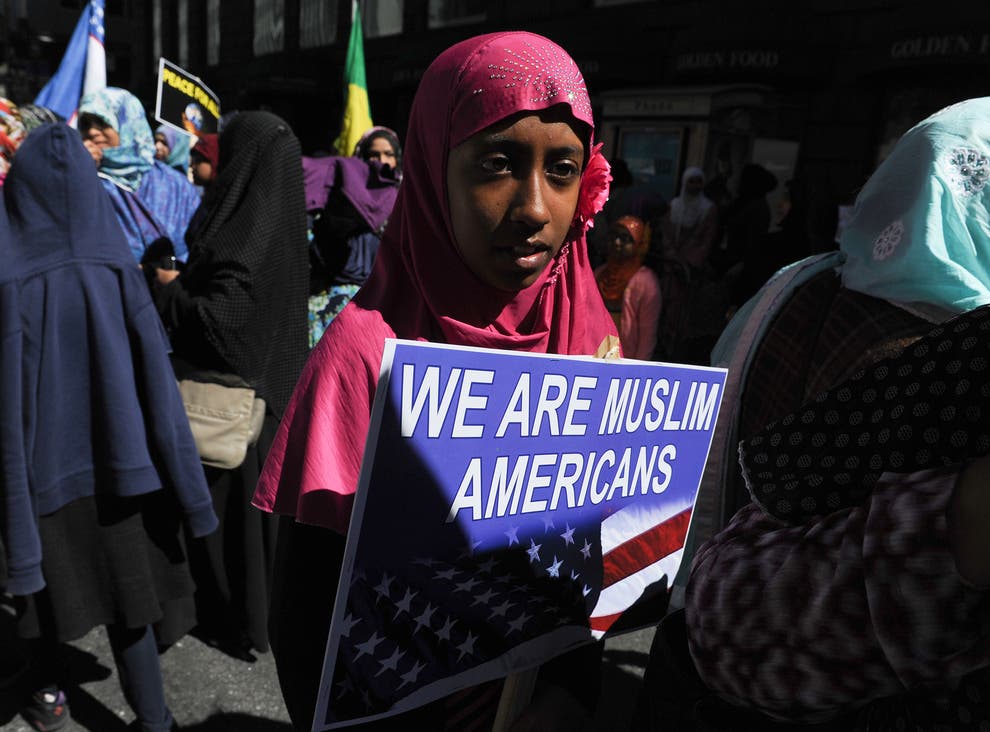The portrait of the Muslim prophet, which emerges from a PBS documentary “Life of Muhammad,” may surprise some American viewers.
“As major polls by Gallup, Pew, and others have reported, astonishing numbers of Americans, as well as Europeans, are not only ignorant of Islam but have deep fears and prejudices towards their Muslim populations,” said John Esposito, professor of Islamic studies at Georgetown University who appears in the three-part series that debuts Tuesday (Aug. 20) on PBS.
Esposito praised the series’ “balance,” and its attempts to describe controversial aspects of the prophet’s life with a diversity of opinions.
Produced for the BBC in 2011, the series examines the world into which Muhammad was born and his marriage to his first wife, Khadijah. The second hour focuses on the “Night Journey to Jerusalem,” his departure from Mecca and the eight-year war with the Meccan tribes. The third analyzes events during his later life, including the introduction of the moral code known as Shariah and the concept of jihad.
Narrated by Rageh Omaar, a Somali-born journalist, the series presents Muhammad in a respectful, positive light, though it doesn’t shirk from the controversies that surround Muhammad, who was born in Mecca in 570 A.D.
Tariq Ramadan, a professor of contemporary Islamic studies at University of Oxford, says in the film, “We never represent or have any images of any of the prophets.”
Omaar’s signoff at the end of the three-hour documentary attempts to contextualize all of the stories—flattering and damning—surrounding the prophet. “He left Arabia a better place than he found it,” Omaar says.






